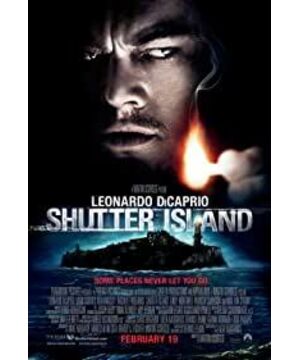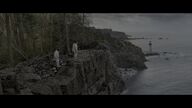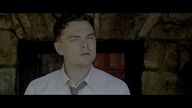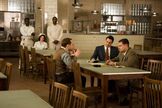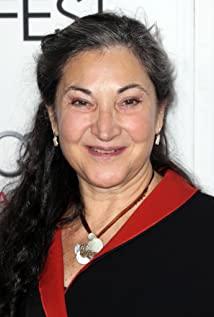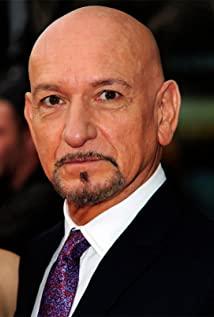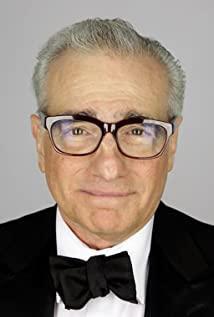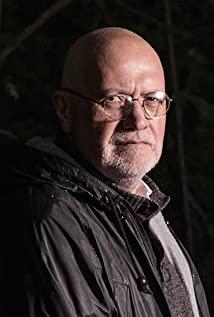1. I guessed the ending very early! (Some say 20 minutes, some say an hour);
2. Scorsese has finally been assimilated by Hollywood, and "Shutter Island" is nothing more than another film that is not astonishing and dead, and lacks freshness (and originality). Hollywood movies;
3. Please don't work with Leonardo DiCaprio, who can't do Robert De Niro. David Bordwell (David Bordwell) is the most outrageous, and even said that Scorsese doesn't know how to make movies! He has always been biased against Scorsese. I sympathized with his sickness (and almost lost his voice), and scolded Michael Mann's Public Enemies (the one who doesn't know how to make movies should be Mr. Mann), so no Argue with him.
Of course, none of these so-called reasons hold true. "Shutter Island" isn't one of those elaborate, last-minute movies—in fact, there's no mystery at all. Whether DiCaprio's Teddy is insane or not is not the point. Saying that the ending was already guessed should mean "Teddy went crazy two years ago", right? In other words, what Dr. Cawley said was the truth. But do you really believe what he says? Isn't the "role reenactment" treatment he described a bit too...what? He asked Teddy's attending doctor to "play" his detective partner, that is to say, put a non-existent character into Teddy's imaginary world, do you think you can justify it? In other words, what you "guessed" would be the "real" ending?
However, even if Ted dy isn't a lunatic - that is, he did receive a report of a mysteriously missing mental patient and came to the island to investigate; and he did have a hidden motive (the pursuit of the arsonist who killed his wife, Dolores). The whereabouts of Andrew Laeddis) --- the conspiracy theory that Chuck proposed to him the next day on the island (Dr. Cawley had been alerted that T eddy had been secretly investigating the hospital, so he designed the pretense of missing patients and led Teddy into the urn) , is it believable again? (What evidence is Chuck using to make this claim?)
We can actually look at the whole thing from a different angle: What is common between Teddy's madness and his not-madness? That is, what can be sure to be true? The answers are:
Teddy was a federal agent (either two years ago or in 1954 at the start of the film);
he drank heavily and smoked heavily;
he had a wife who died unexpectedly (whether by Laeddis He set fire to death, or was shot by Teddy for killing three of his children—whether those three children exist is doubtful);
he participated in the liberation of Dachau during World War II famous), witnessed (and even participated in) a lot of crazy massacres;
the latter two obviously affected him deeply, often haunted him with horrific memories, and the nature of his profession (investigating cases, chasing murderers) made him Anxiety all day long. In other words: he is the most qualified candidate (press: candidate) to be a paranoid (or paranoid) sufferer.
What should not be overlooked is the background of the film: whether it was 1952 or 1954, it was the most active period of the HUAC (Investigative Committee on Un-American Activities). In the name of being anti-government (and anti-communist), HUAC has created a climate of white terrorism in America (especially in the literary and artistic circles). This is all true. In the film, Teddy suspects that the secret research in the mental hospital (using leukotomy for brainwashing) is also one of the programs secretly funded by HUAC, and may also belong to his delusional symptoms. However, Dr. Cawley's method of "testing" that he is a seriously ill patient in the hospital (closed-door hearing, using witnesses to charge) is the most common tactic used by HUAC.
I think it is this paranoia (by: paranoia) atmosphere that is the focus of Shutter Island. The remnants of war, the hazy memories, the corrupting guilt, the black-box and lying government, the habit of distrust and mutual accusations were the face of McCarthyism in the 1950s (which together explains why Scorsese cites a lot of genre films from the 1950s—especially the psychological horror and film noir—as references), but isn't it a portrayal of America today? It doesn't matter whether Teddy is crazy or not, the question is are the people and the environment around him crazy, are they crazy?
It goes without saying how naive it is to say that Scorsese was assimilated by Hollywood. "Shutter Island" was delayed in the U.S. at one point (it was originally scheduled for release late last year, in time for the Oscar nomination), and critics were full of cynics (the eventual box-office success is another story). If Scorsese is truly on the Hollywood power list, his years-old adaptation of Silence, based on Shusaku Endo's original novel, won't be in the works. "Shutter Island" is imprinted with his (past work) shadow from beginning to end. Second shot of the film: Teddy talking to himself in the mirror ("You gotta cheer up!"), doesn't it remind you of Taxi Driver and Raging Bull? The protagonists are all lunatics who don't realize they're teetering on the brink of losing control. To a greater extent, the film is yet another variation of After Hours and Bringing Out the Dead. If even that doesn't prove how true Scorsese is as a filmmaker, then neither do I. (Just compare today's young directors, how one after another became famous/blockbuster, and they are rushing to shoot superhero (press: superhero) big productions after Hollywood's beckoning, you should retract the above statement .)
As for DiCaprio, it's all about each other. Even he himself hastily said, how can I be with De Ni Robbie? But he is a good actor who works hard, can you deny that? In Scorsese's hands, each one has progressed and matured, can you deny it? (What you thought he couldn't do, he did it for you.)
View more about Shutter Island reviews


